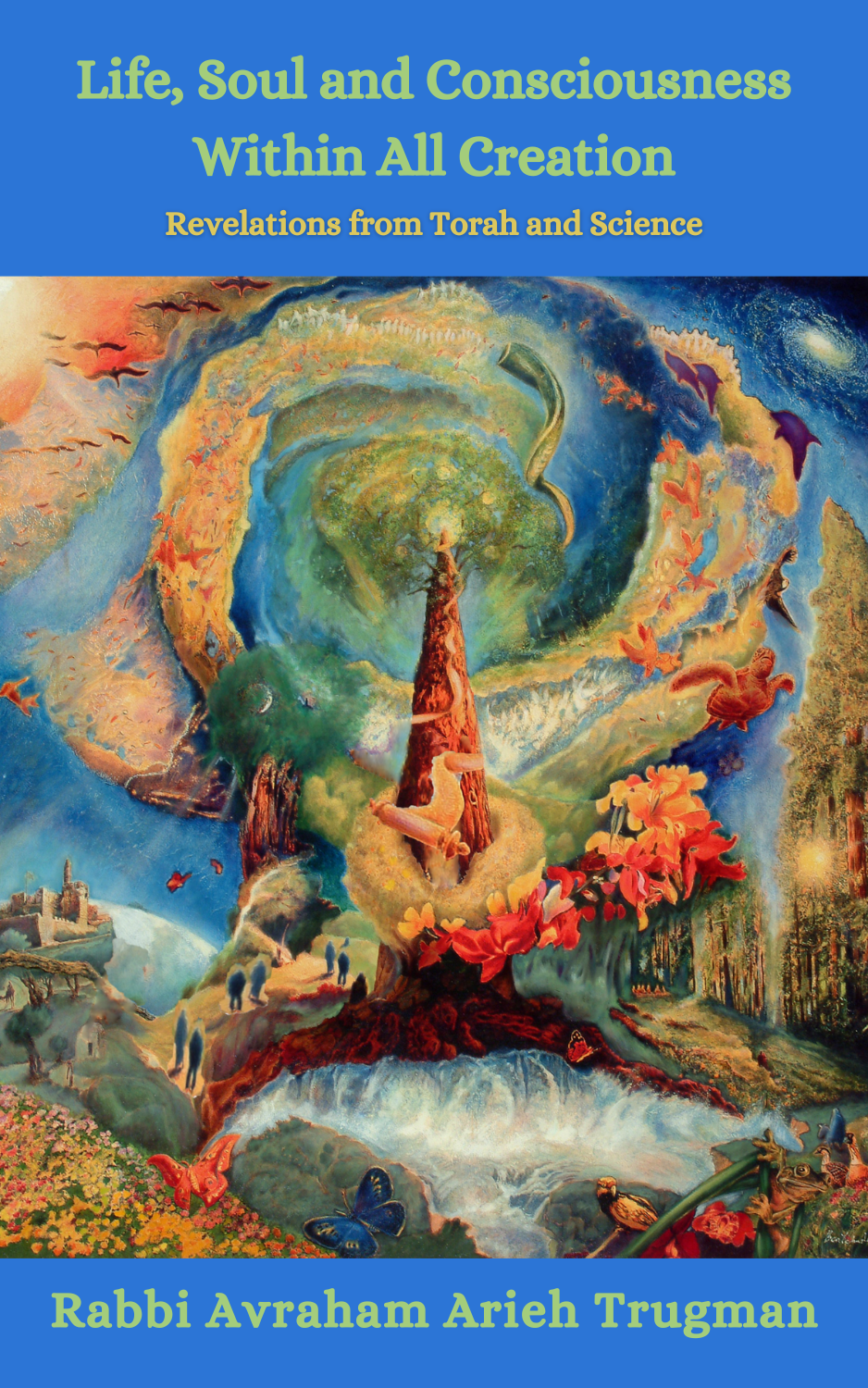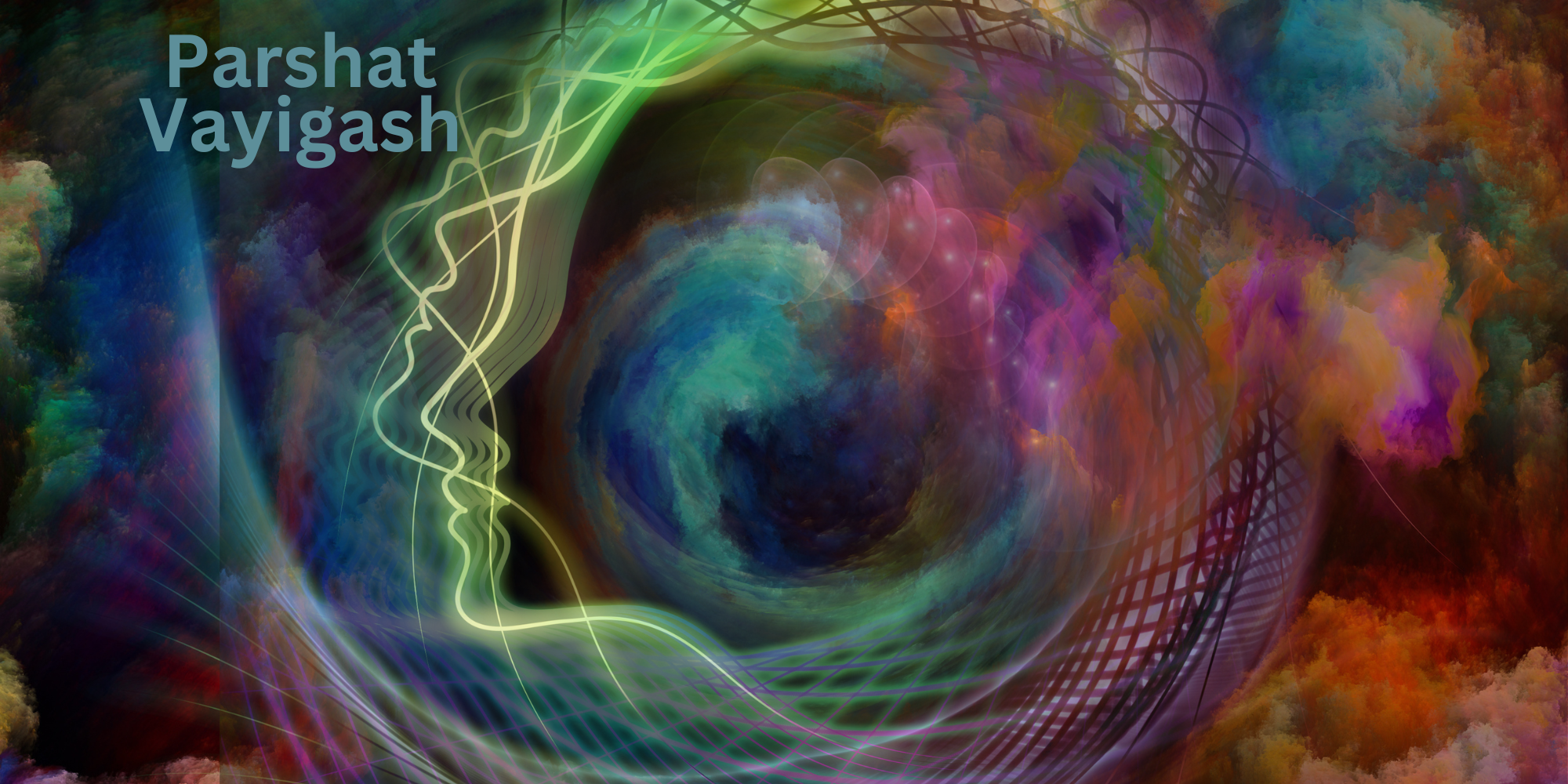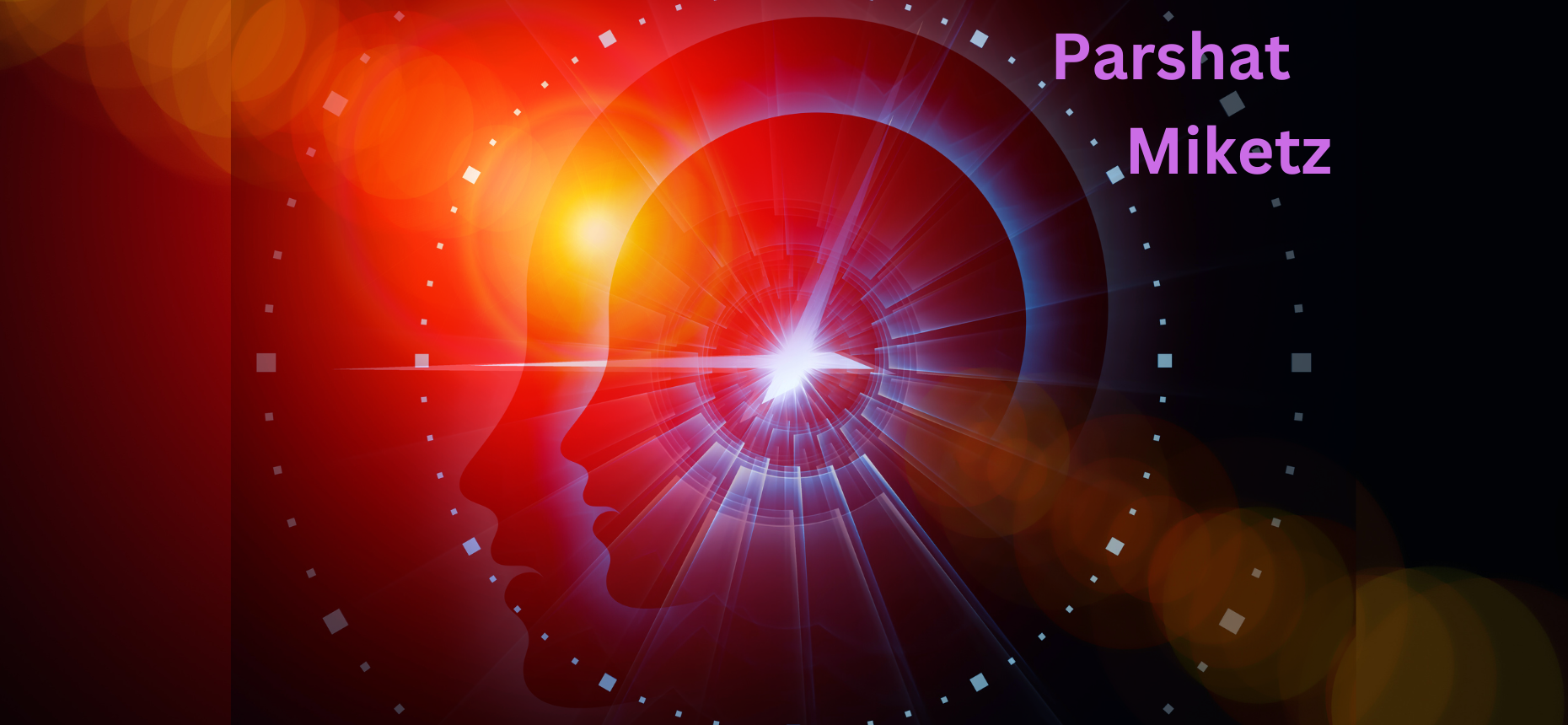Every year on the Shabbat before Rosh Hashanah, we read the portion of Nitzavim, which begins with the following words: “And you are standing today all of you before God” (Deuteronomy 29:9). There are several reasons this portion is always read before Rosh Hashanah, but the simplest one is that the Jewish people were frightened by the ninety-eight curses mentioned in the previous portion. If they failed to observe the commandments, they feared they would almost certainly be wiped out. Therefore, Moses begins Nitzavim by declaring that even if all the curses (God forbid) came to pass, the Jewish people would still be “standing” before God, for He would never abrogate the covenant He made with the Jewish people. Indeed, the Torah continues by mentioning “the covenant of God, your God, and His promise that God, your God, seals with you today, in order to establish with you today as a people to Him and that He be a God to you.” In order to better understand the first verse, we will focus on the meaning of the words “today,” “standing,” and “all of you” in this section.
While on a peshat level, the Torah’s mention that Moses is talking to the people “today” does not seem out of the ordinary, the Sages infer from this seemingly unnecessary information that the day was somehow a special day. Some suggest that this was the day Moses’ died and he had assembled all the people to transmit his last teachings. Others suggest that this day alludes to Rosh Hashanah, when the Jewish people and, in fact, the entire population of the world pass before God in judgment. The first interpretation makes sense given that Moses is clearly nearing the end of his life as the next few portions demonstrate. The second fits in with the Chassidic notion that the portion always reflects current events; thus, making it eminently sensible for the “today” in our verse to hint to Rosh Hashanah, implicitly counseling us to prepare mentally and psychologically for the upcoming Day of Judgment.
Alternatively, the word “today” has also been understood figuratively to imply that every day should be treated as if it were this very unique day on which Moses is speaking to the Jewish people. This idea is derived from the interpretation of another seminal event in Jewish history – the Giving of the Torah on Mount Sinai. When the Jews arrived in the Sinai Desert on the first day of the third month, the Torah states that they arrived “on this day.” Since the rest of the sentence is in the past tense Rashi points out that the phrase “on this day” should have been written “on that day.” It was written in the present tense, he comments, to teach us that when we learn Torah it should feel as new and exciting to us as if we had just received it today (Rashi on Exodus 19:1). In other words, in both seminal cases, the Torah is teaching us that we should not relate to these unique experiences as onetime events in the past; rather, we should treat them as ongoing experiences. Each and every day the Torah should feel new and each and every day we should feel like we are standing before God.
The word “today” also reminds us that the present can become the future in the blink of an eye: the Talmud teaches that Mashiach will come “today, if you listen to His voice” (Psalms 95:7). Thus, every day has the potential to enable us to come closer to God as we do on Rosh Hashanah, to experience the revelation of the Torah as we did at Mount Sinai, and to reveal the coming of Mashiach.
An additional aspect of “today” is expressed by King David in Psalms (2:7) when he states, “God said to me: ‘You are my son, this day (today) I have given birth to you.'” David felt as if he was constantly being given the gift of new life. As discussed in the portion of Ki Teitzei, this was a result of David’s soul not having been apportioned time in this world. When Adam prophetically foresaw this predicament, he gave David seventy years of his own life. David was constantly aware of this gift and of how tenuous his soul’s grasp on life was. This realization caused him to always walk the fine line between despair and ecstatic joy, sentiments expressed so profoundly in the Psalms. Yet, no matter what upheavals he went through in life, David continually cleaved to God, always speaking to Him as if He was right there in front of him “today.”
All these interpretations of the word “today” – the day of Moses’ death, Rosh Hashanah, every day we stand before God, the Torah is given anew every day, and the day of Mashiach’s arrival – contain an aspect of rebirth. Moses’ death by the “kiss of God,” as discussed in Chukat, stresses that death is only a transition to a new level of living; on Rosh Hashanah a new year begins with the opportunity of renewal; and the revelation at Sinai is ongoing. Ultimately, Mashiach’s arrival at the End of Days will lead to a total rebirth of human consciousness; however, even before we reach that point, every day, in essence, contains the potential of true rebirth. The word “standing” in our verse also has much to teach us. We recite the Amidah, Judaism’s quintessential prayer, three times a day. This prayer is recited while standing, and, indeed, the word “Amidah” actually means “standing.” Although we all stand before God on Rosh Hashanah, we do so every day as well, albeit in a less intense manner. Despite the fact that we bow seven times in all during the recitation of the Amidah (including the three steps we take at the end), Jewish tradition emphasizes that our relationship with God is primarily based on our standing before Him, not on our prostrating ourselves before Him. In fact, we only prostrate ourselves during prayer twice a year – on Rosh Hashanah and Yom Kippur. This combination of standing and bowing or prostrating reflects the crucial message that God created us in His image, and therefore within the context of our attempting to reveal the tremendous Divine potential implanted within us, we must also exhibit a fundamental humility. The notion of standing before God “today,” wherein “today” refers to Rosh Hashanah, sheds profound light on Rosh Hashanah’s essence.
When we stand before God on Rosh Hashanah, all the dimensions of time – past, present, and future – manifest themselves simultaneously. We stand in the present, “today,” asking for forgiveness for our past misdeeds and shortcomings, and committing ourselves to behaving better in the future. While our future is dependent on rectifying the past, God’s final judgment on Rosh Hashanah, which affects our future, is dependent on the sincerity and level of commitment we manage to generate in the present. Further weaving together past, present, and future, the Jewish tradition teaches that although God, being Omniscient, knows whether or not we will really change for the better, He compassionately judges us according to our sincere desire to change and not by what actually transpires in the future.
The level of complete awareness reached on Rosh Hashanah is alluded to in the phrase “all of you” in Nitzavim’s opening verse. The simple peshat is that all of the people assembled to hear Moses speak. However, a Chassidic interpretation I heard from Rabbi Shlomo Carlebach was that the Torah is teaching us that when we stand before God on Rosh Hashanah, it must be with “all of you,” with the totality of our beings – as we recite in the Shema – “with all your heart, with all your soul, and with all your might” (Deuteronomy 6:5).
When we pause to think about it, how often do we dedicate our entire selves to anything? How often does our concentration begin to wane after we have been praying for just a few moments? How often do we give others our full attention, our undivided care and concern? How often do we follow through on achieving our goals and aspirations so that they are completely realized?
Ensuring that we stand before God with our entire beings, especially on Rosh Hashanah, when God is deciding our fate for the upcoming year is the call of the hour. If we are unable to muster that presence of mind and heart, the shofar’s blast is designed to awaken us and “shock” us into relating to God from the depths of our innermost beings. The searing sound of the shofar has the ability to fuse all the disjointed parts of our personality, all the inner fragmentation, into one unified plea.
In addition to the peshat and Chassidic interpretations of “all of you” just mentioned, the Kabbalistic principle of inter-inclusion generates another profound meaning. Following the portion’s introductory words, the Torah continues by enumerating ten groups of people who comprise “all of you”: “the heads of your tribes, your elders and your officers – all the men of Israel; your small children, your women, and your proselyte who is in the midst of your camp, from the hewer of your wood to the drawer of your water.”
According to the fundamental Kabbalistic principle of interinclusion where all the separate elements of a set are inter-included one in the other, each subset contains all ten of these aspects. For example, in every male there is a female aspect, while in every female there is a male facet. Every adult still maintains a positive bit of childlike wonder or, framed negatively, a bit of psychological immaturity, while all children have the potential to understand certain matters far beyond their years. All people possess within themselves leadership potential: the ability to be tribal heads and the deep innate wisdom to be elders. The possible combinations, shades, and degrees of these elements are as numerous as there are Jews. These ten divisions allow for balance and harmony when properly unified in a holistic personality.
The Slonimer Rebbe often discusses the concept of “all of Israel” in Netivot Shalom. He explains that the all-inclusive entity comprising the Jewish people is far greater than the sum of its individual parts. Furthermore, he adds that each Jew draws his or her individual connection to God from the collective soul of all Israel. That is why the concept of community is so important in Judaism. Although a person does have an obligation to cultivate his or her own personal spiritual connection to God and Torah, ultimately, the individual must be connected to “all of Israel.”
After describing how Moses assembled all the people, the Torah recounts why he did so – to establish the covenant between God and Israel once again:
In order to establish you today as a people to Him and that He be a God to you, as He spoke to you and as He swore to your forefathers, to Abraham, to Isaac, and to Jacob. Not with you alone do I seal this covenant and this oath, but with whoever is here, standing with us today before God, our God, and with whoever is not here with us today. (Deuteronomy 29:12)
Moses’ inclusion of all subsequent generations – “whoever is not here with us today” – substantially expands the covenant’s scope, creating a bond and unity of purpose that links all Jews, in all places, at all times. Despite being dispersed to the four corners of the earth for nearly two millennia, the Jewish people were able to maintain themselves as a distinct and unique people due to the covenant between God and “all of you.”
The inclusion of “whoever is not here with us today” also has profound Kabbalistic ramifications. According to the secrets of reincarnation – the sod recorded in many Kabbalistic texts and revealed by the Arizal, in particular – those souls that were redeemed from Egypt and stood at Mount Sinai were subsequently reincarnated repeatedly throughout history. The phrase “whoever is not here with us today” refers to the subsequent generations of Jews who would incarnate from the souls of those that did stand there. So, in a sense, these later Jews “who were not there” were also there.
In the rest of the portion, the Torah sums up all of Jewish history, including the many exiles, the Jewish people’s estrangement from its homeland, and its ultimate return. The magnitude of the exile is hinted at by the unusually large letter lamed in the Hebrew word translated as “cast you” (“and cast you into another land”; Deuteronomy 29:27). The fact that the lamed, the tallest of all the letters, is also written especially large alludes to the long and bitter exile that did in fact occur as the Torah predicted.
After recounting the horror of these future exiles, the Torah promises that after the blessings and the curses have all come to pass, God will gather up all the Jews no matter how distant physically or spiritually from their true source and bring them back to the Land of Israel where the nation of Israel will prosper as never before. This prophecy has been repeated by all the prophets throughout history. We live in awesome times when we merit witnessing at least part of the prophecy being realized before our very eyes. May we witness the era when “all of you,” all of Israel, is once again assembled in the Holy Land. However, let us pray that this time we will also merit living in a redeemed and peaceful world.







